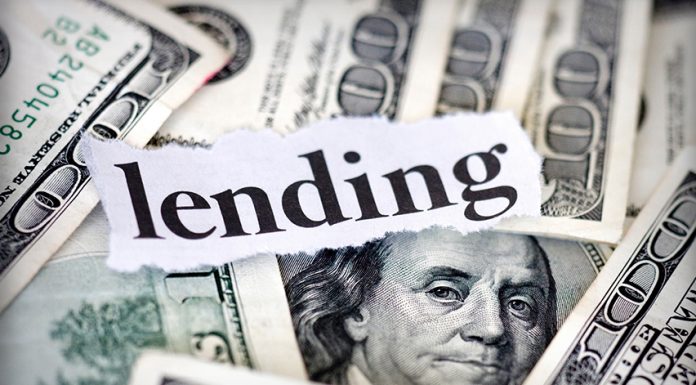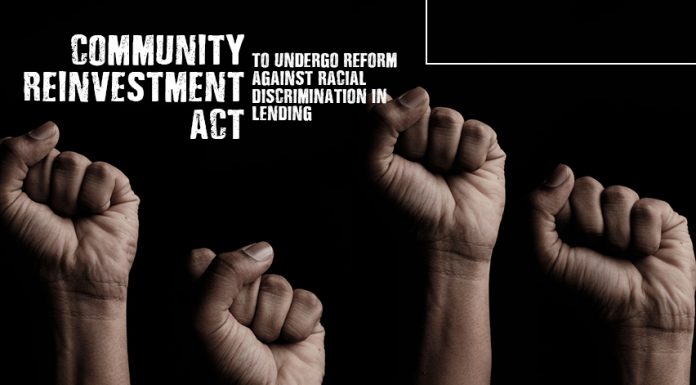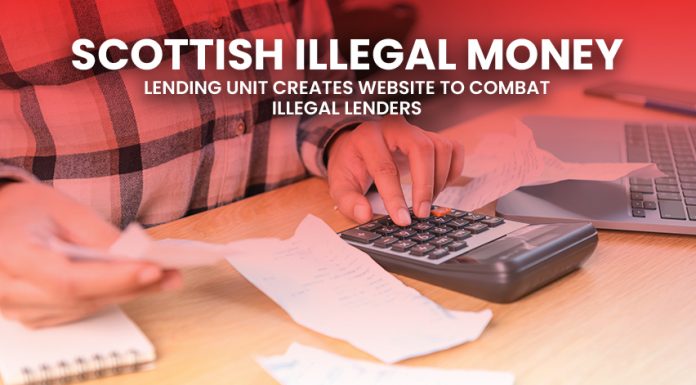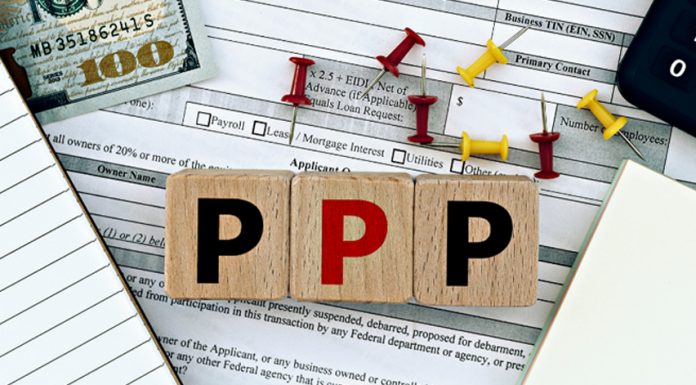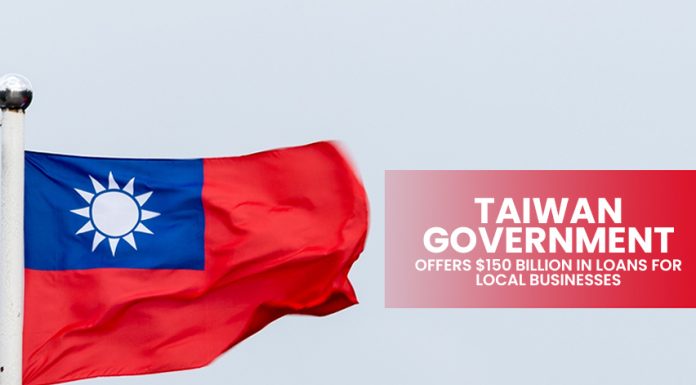Some businesses that received their first Paycheck Protection Program (PPP) are offered safe harbor by the Internal Revenue Service (IRS) and the Treasury Department, said the Journal of Accountancy. This opportunity was opened upon the implementation of Revenue Procedure 2021-20.
According to past rules, business was required to include expenses paid for using the first-round 2020 from their 2020 tax returns. However, the approval of the Consolidated Appropriations Act back in December allowed businesses to deduct PPP-paid expenses from their returns.
The introduction of Revenue Procedure 2021-20 allows businesses that did not subtract such expenses from their 2020 returns in compliance with the previous rules to withhold them in their 2021 tax returns.
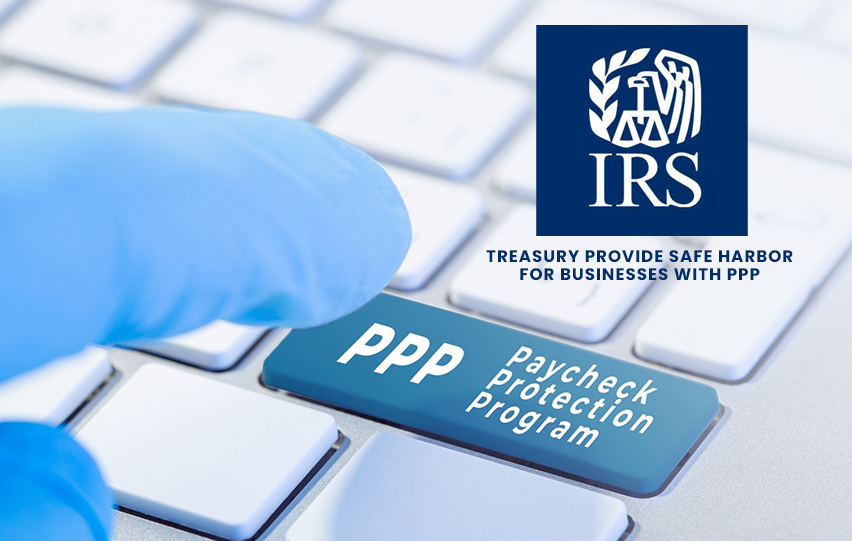
According to Accounting Today, the IRS stated, “under the safe harbor, these taxpayers may deduct the expenses in the immediately subsequent taxable year. This revenue procedure also obsoletes Revenue Procedure 2020-51.”
The safe harbor gives taxpayers the chance to choose whether to subtract deductible original expenses on previously filed returns. This only applies to a timely filed original federal income tax return or information required for the next tax year.
It is important to note that the IRS reserves the right to examine the expenses to audit or request additional documentation.
Moreover, the Revenue Procedure 2021-20 excludes expenses that are included in the expanded list specified in Section 304(b)(2) of Division N, Title III, of the CAA. The items in the expanded list were not included in the original list of eligible expenses, which means that they were not eligible for deduction.
Aside from deductions in 2021 tax returns, changes in rules now allow businesses that went bankrupt to receive PPP loans. The Small Business Administration has been against this policy the past year but it now required to grant PPP loans to qualified bankrupt companies through the CAA.

